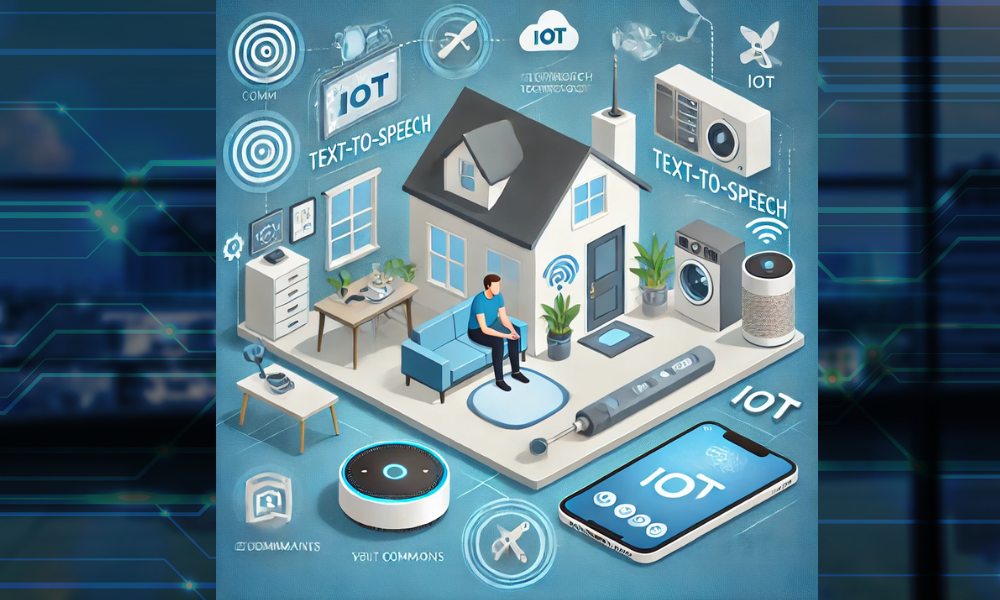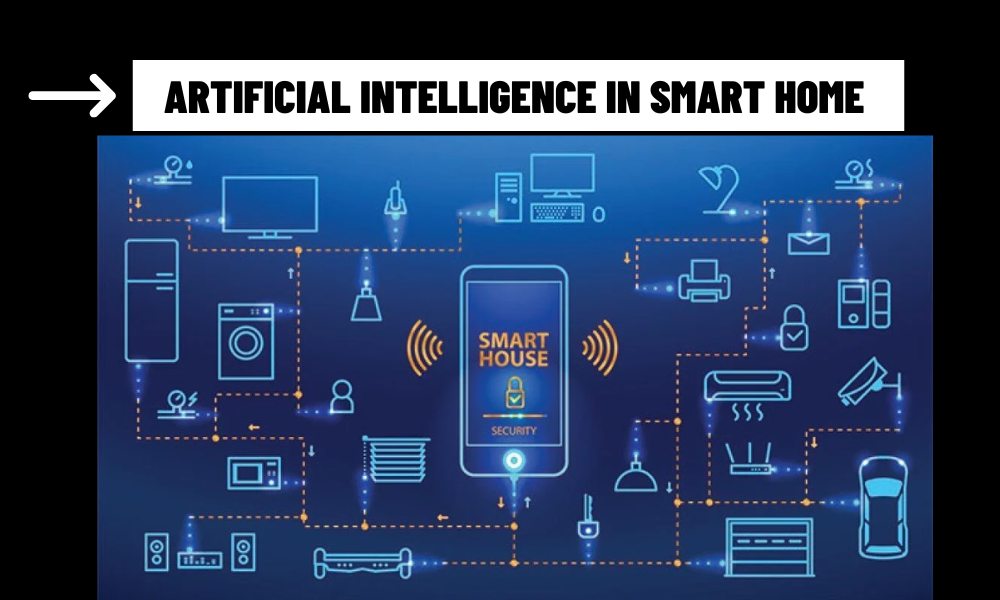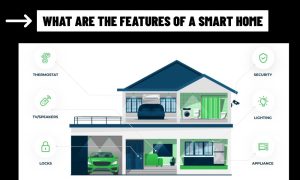The integration of Artificial Intelligence (AI) into smart home environments is no longer a concept reserved for the distant future—it is a growing reality in many households today. From streamlining daily routines to enhancing safety and creating personalized living spaces, AI is transforming the way we interact with our homes. As smart home ecosystems become increasingly sophisticated, AI is playing a pivotal role in redefining what it means to live in a modern, connected home.
How AI Works in Smart Homes
At the heart of Artificial Intelligence in smart homes lies machine learning and data analytics. These systems rely on vast amounts of data collected from sensors, devices, and user interactions. The AI analyzes this data to identify patterns in behavior and use that knowledge to make decisions. Over time, the system becomes more accurate and efficient, adjusting its functions based on the habits and preferences of the residents.
For instance, a smart thermostat might learn that the homeowner prefers a cooler temperature at night and begins to adjust itself automatically without manual input. Similarly, smart lighting systems can dim or brighten based on the time of day and occupancy, enhancing both convenience and energy efficiency.

Top Features Enabled by AI in Smart Homes
Learning and Adapting to User Habits
One of the most powerful capabilities of AI in smart homes is its ability to learn and adapt. Through constant monitoring, AI-powered systems observe daily routines—such as wake-up times, when you leave for work, or when you typically return home. Based on this data, devices can automatically adjust settings. For example, the thermostat can start warming the house just before you arrive, while smart locks can ensure all doors are secured after you leave.
Seamless Interconnectivity
AI serves as the brain that connects various devices within the home. This interconnectivity allows smart home systems to work together seamlessly. For example, if your smart doorbell detects motion at night, it can trigger your smart lights to turn on and alert your security camera to begin recording. AI coordinates these interactions for a cohesive and responsive environment, enhancing both comfort and security.
Predictive Maintenance
Another practical feature is predictive maintenance. AI in smart appliances can monitor performance indicators and detect early signs of wear or malfunction. Instead of waiting for an appliance to break down unexpectedly, the system can notify users of potential issues and even schedule maintenance before the problem becomes severe. This capability saves money on costly repairs and extends the lifespan of household equipment.
Smart Entertainment Systems
AI doesn’t just make life easier—it also enhances leisure. Smart entertainment systems powered by AI learn your preferences over time. Whether it’s music, movies, or podcasts, AI curates personalized recommendations based on your habits, time of day, and even mood. These systems can also adapt audio and visual settings based on the content and your environment, delivering a premium and customized entertainment experience.
Why Artificial Intelligence in Smart Homes Matters
AI reduces the time and effort required to manage household tasks. Automation allows residents to focus on more important aspects of life while AI handles the routine operations such as lighting, climate control, and appliance usage.
Security is a top concern for homeowners, and AI addresses this by providing real-time monitoring, facial recognition, intrusion detection, and emergency alerts. Whether you’re at home or away, AI can notify you of suspicious activity and even take automated actions to mitigate risks.
Smart home systems powered by AI promote environmentally friendly living. By optimizing energy use—turning off unused lights, adjusting thermostats, and reducing water waste—AI contributes to lower utility bills and a smaller carbon footprint.
AI-enabled smart homes greatly enhance accessibility for elderly or disabled individuals. Voice-activated controls, automated lighting, fall detection, and health monitoring allow for more independent living while ensuring safety and responsiveness.
The Future potential of Artificial Intelligence in Smart Homes
Despite its many benefits, AI in smart homes does pose some challenges. Privacy is a significant concern, as these systems collect sensitive data to function effectively. It is essential to ensure that user data is securely stored and managed. Manufacturers and developers must also uphold ethical standards in AI design, avoiding biased algorithms and ensuring transparency. Cybersecurity is another critical issue—without proper safeguards, smart homes can become targets for hackers seeking to exploit connected devices.
As technology continues to advance, the role of Artificial Intelligence in smart home systems is set to grow exponentially. From smart kitchens that suggest recipes based on available ingredients, to AI-driven surveillance systems that anticipate security threats, the smart home is evolving into a fully intelligent ecosystem. Embracing this technology means more than just upgrading gadgets—it’s about transforming the way we live, increasing comfort, reducing stress, and enhancing safety and sustainability. The future of home living is smart, and AI is the key to unlocking its full potential.















